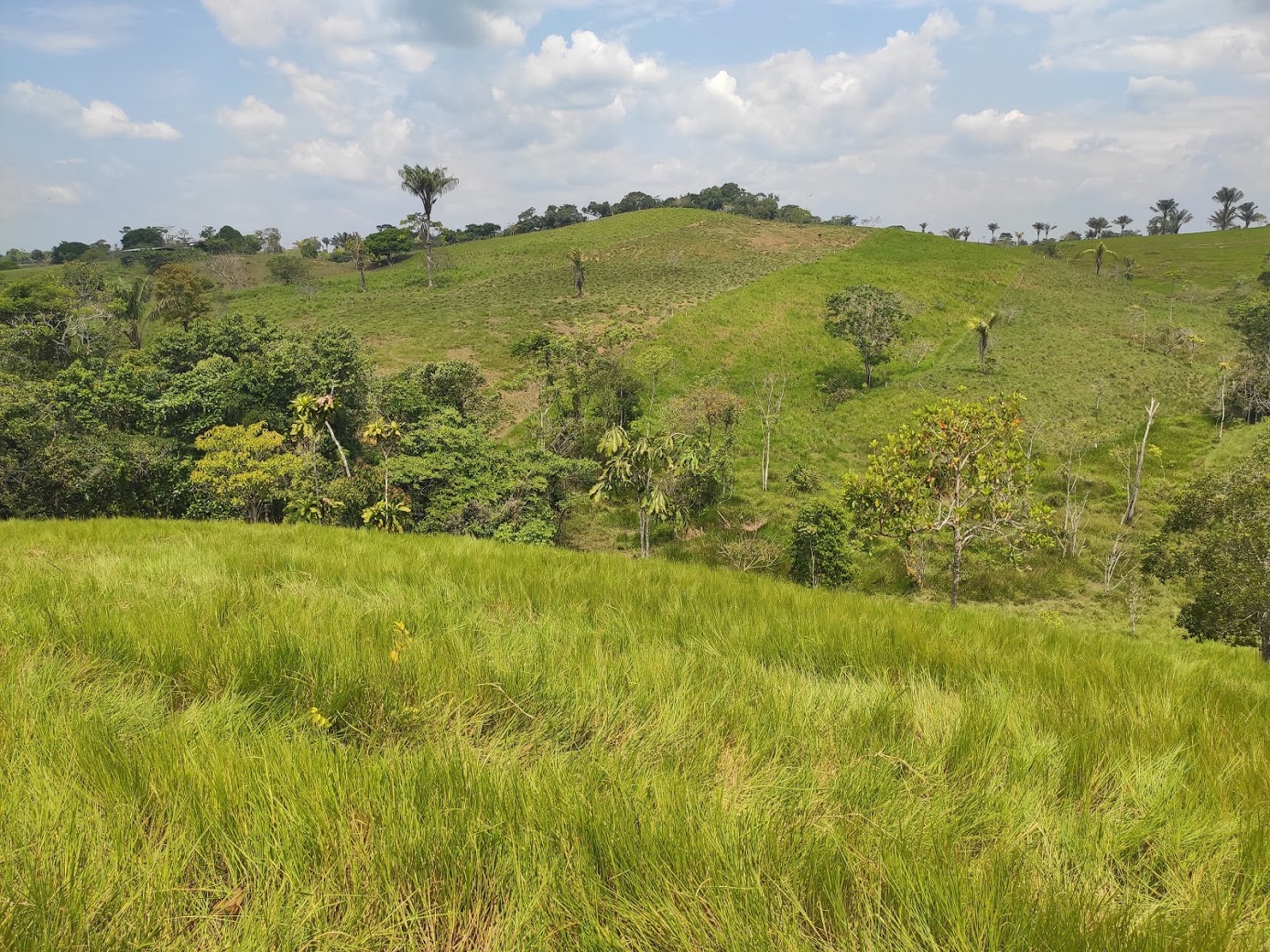Colombia is the second most biodiverse country in the world with a large rural population of small-holder, low income farmers. As the demand for meat and dairy increases, livestock farming continues to expand onto land that is not appropriate for farming, causing environmental damage through forest clearance, land degradation and loss of biodiversity. Different national initiatives aim to encourage more intensive and sustainable farming to support farmers' livelihoods, and protect the environment and its rich biodiversity. Silvopastoral farming is one of those initiatives as it combines forestry and grazing. These approaches will help sustainably intensify livestock production, whilst protecting forests and other natural areas, to protect biodiversity, economic development and social wellbeing in Colombia. However, due to cultural and social factors, together with economic and agronomic influences, uptake of silvopastoral systems remains low and deforestation continues.
This interdisciplinary project brings together cultural geography, behavioural economics and ecological expertise from both the UK and Colombia to investigate the cultural and socio-economic reasons for low adoption of silvopastoral livestock farming practices. Through farmer interviews, focus groups and existing socio-economic information we will develop and test effective mechanisms for knowledge exchange and engagement with government policy makers, to promote effective uptake and implementation of best practice for silvopastoral systems. Furthermore we will quantify the effect of silvopastoral practices and forest protection on biodiversity and ecosystem services to provide landscape scale policy relevant guidance, at the landscape scale.

